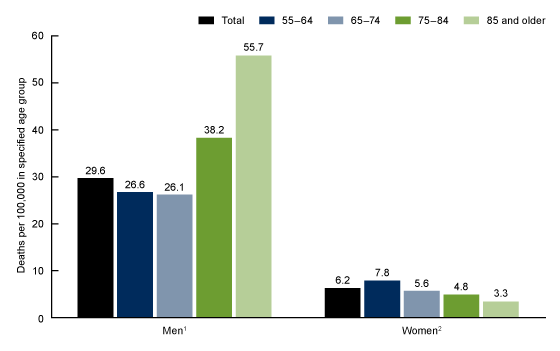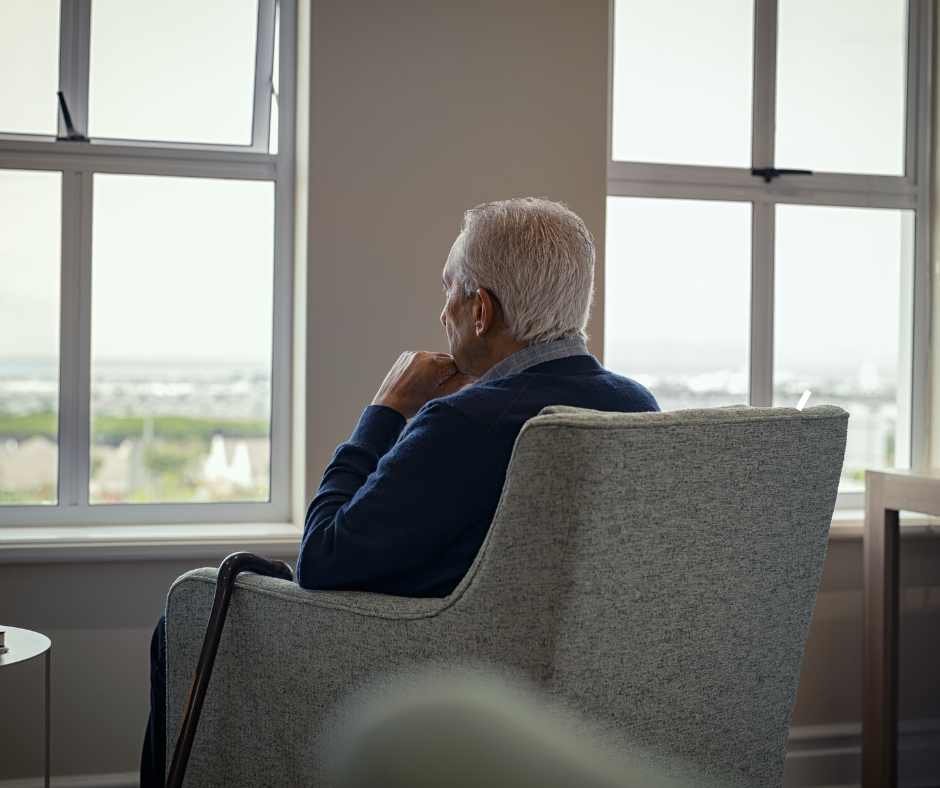When I was little, my family moved every two or three years for my dad’s businesses, and each move killed my friendships and social life. Have you tried comforting your kids when they’re bullied or excluded? (Or maybe you know, from personal experience, how horrible it feels that you even take matters into your own hands to create and orchestrate their social life?) Back then, my mom told me to stop crying over being left out of parties and just build up myself. “When other people want something from you, I guarantee they’ll come running.” I took her advice to heart and started working on becoming the best piano player, singer, SAT scorer, dressed, tennis player, ODM manufacturer, etc., so I wouldn’t be in that situation of being rejected–so I wouldn’t be lonely.
Our society has become increasingly transactional, so my mom did prove right. People reliably crowded me when they wanted something. After a while, I forgot why I was constantly striving, and achievements became an addiction. I wrote about it in a previous article here.
Indeed, friends came, but people also left when they got what they wanted or didn’t need me anymore. I didn’t crave the attention anymore. In fact, I didn’t use LinkedIn until I needed it for curaJOY because previously, as an owner of an established business, there were only people who either wanted me to hire them or sell me something. And I’m no longer sure my mom had the right solution to loneliness.
Are we only worthwhile when other people need to use us? Giving into this value judgment spells doom for ourselves because we will all be inevitably uncompetitive or unproductive at some time in our lives. It is such an unreasonable burden to bring unto ourselves. Unfortunately, we live in a society that hyperfocuses on achievement, sometimes making it the sole determinant of an individual’s worth. Social media’s ability to make these judgments publicly and quickly is a crucial contributor to its negative influence on people’s mental health. Don’t you want to be more than your bank account, number of connections/friends, likes, and followers? Don’t you want to be loved for more than those numbers? Yes, we do–as indicated by the global economy’s increased spending on pets and the emotional significance given to pets.
To Be Worthy of Attention
In an insightful conversation, a former financier and now social impact leader in Taiwan told me that funding for learning differences like ADHD, dyslexia, and autism is unlikely to increase in Asia because both wealthy donors and the public sector want to put their money where it will pay off most, rather than wasting it on people who are lost cause with lower income potential. What is unspoken here is that economic output determines a person’s value.
Perhaps this is a sentiment that’s not unique to East Asia. It may be why vocations like childcare, social work, and senior care are among the lowest pay. I suspect it also contributes to the growing problems of loneliness and mental health problems in seniors. In a world that wants things ASAP, super-sized, turbo speed, where those with the most economic and pop culture powers have transitioned into text-based digital communication, older adults often get put on the back burner. Unfortunately, life often doesn’t get less busy enough for us to sit patiently with our grandparents, who might not be able to hear or see perfectly and whose words we might not always understand.
But that’s going to be you someday–sitting on an armchair or a hospital bed, waiting and waiting for someone to check in on you and care. That’s going to be ALL of us someday. “Imagine a condition that makes a person irritable, depressed, and self-centered and is associated with a 26% increase in the risk of premature mortality. “1 This horrible condition is loneliness. It affects at least a third of the population in industrialized countries and is contagious. Yes, for all of our modern conveniences and technological advances, many of us are lonely. Neither wealth, education, gender, nor ethnicity protect you from loneliness. As adults retire and lose even the built-in workplace social interactions (which I will discuss next week), mobility decreases, and sickness and death around them happen with increasing frequency, loneliness creeps in. Senior suicide rates have been climbing and is sadly the highest among all age groups. We need to actively combat loneliness in seniors, starting with our own family. If someone is truly important, make time for them now. This week, please give someone who’s cared for you or loved you a few moments of your life.

Thank you for reading up to this point and tolerating my blunt thoughts. I often wonder whether I should keep these undoubtedly unpopular opinions to myself, but the public health and societal consequences of not speaking up are catastrophic.
If you know an older adult who might be lonely, please get them in touch with curaJOY. We would love to hear what they’ve tried, why it failed, and use our AI product to prompt more in-person interactions within their extended families. curaJOY is also launching a volunteering program in North San Diego that pairs students with their grandparents or older adults in the community to better both groups’ social and mental health. Or, if you have a great relationship with older family members, please let me know how you did it so we can put you in our playbook!
1 Cacioppo JT, Cacioppo S. The growing problem of loneliness. Lancet. 2018 Feb 3;391(10119):426. doi: 10.1016/S0140-6736(18)30142-9. PMID: 29407030; PMCID: PMC6530780.






Leave a Reply